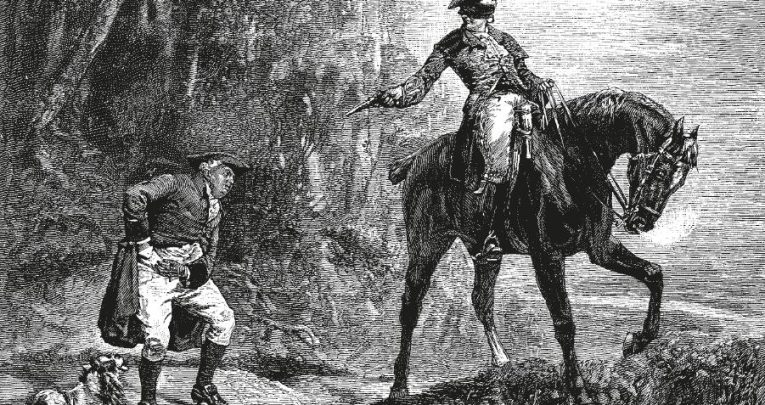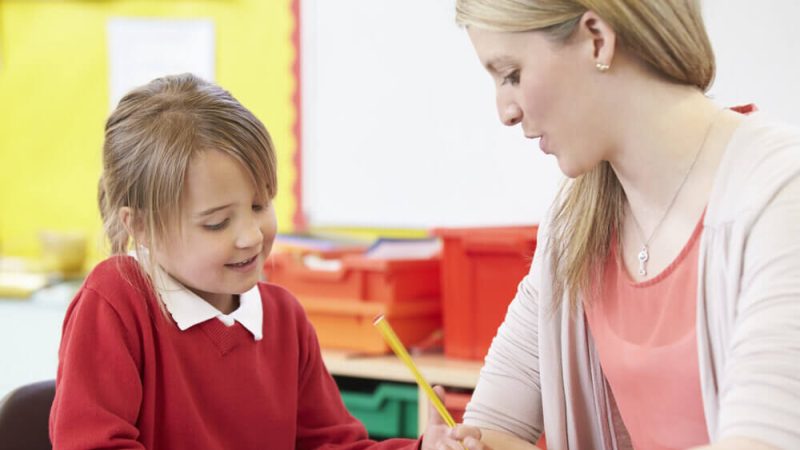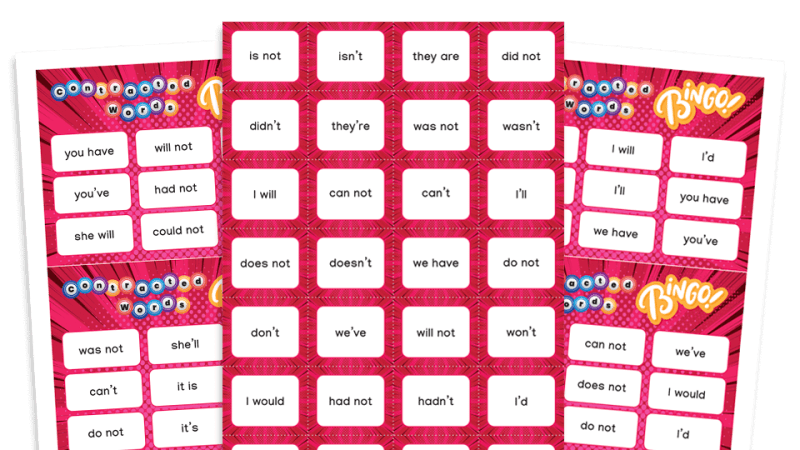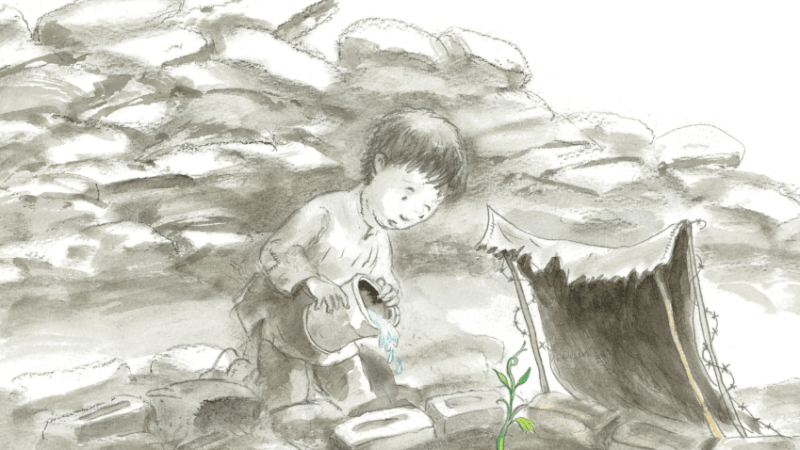Stretch Primary Children’s Learning with Challenging Classic Texts

If you’re happy to share Alfred Noyes’ famous narrative poem with primary school pupils, then why stop there, asks Bob Cox…

- by Teachwire

In many primary classrooms you can hear the ‘tlot tlot, tlot tlot’ of a horse’s hooves as described by Alfred Noyes in his much loved 1905 poem, ‘The Highwayman’; and it’s often a memorable and challenging experience for pupils.
Recitals, drama and sound effects follow upon a narrative wave of action – then there is the alliteration of clashing and clattering on the cobbles, the challenging vocabulary of ‘ostler’ or ‘doe-skin’, and even, if we dare go there, the ‘red-lipped daughter’!
The whole classroom travels with the highwayman along the ‘ribbon of moonlight’ and hardly notices when the bell goes.
The potential for learning is huge; but I have been excited this year by the number of schools moving way beyond the same texts – often periodically passed round year teams – and into more coherent thinking about the range of literature needed to build a richer English curriculum.
Excellence for all
If there has been a barrier in the past then it’s been lack of a confidence on the part of teachers; but many schools are now turning challenges into opportunities to include literature at the centre of the curriculum.
If ‘The Highwayman’ can be mastered, so can a whole range of other texts.
Once a belief in excellence for all is established, I’m seeing the development of the richest curriculum possible from picture books to Dickens in schools all around the country; and standards are being raised thanks to the scope for learning afforded by the originality of the texts.
Let’s take Red Barn Primary near Gosport in Hampshire. Here, Gemma Loveless has led a three-year initiative to build quality text to quality writing journeys through KS1 into 2, so that the present Year 6 have acquired the habit of exploring extracts from books like Jane Eyre or Great Expectations.
When I visited, I saw pupils comparing and contrasting these with whole texts like David Almond’s Mina, and even a snippet from Oscar Wilde.
They talked, talked, talked about dialogue and characterisations in guided groups, jigsawing round to contribute expertise. Their local secondaries will find these pupils an absolute dream next year, as their confidence is high and so is their progress in reading and writing.
Coastlands school in Pembrokeshire has pioneered the use of more challenging texts for some time.
“Through the use of classic, challenging texts our pupils create highquality, sophisticated work, from meta-poems in the form of sonnets based on Ted Hughes’ The Thought Fox, to tantalising episodes of suspense based on the work of Wilkie Collins,” explains Wenda Davies.
“At Coastlands, poetry is a high priority. The main purpose is to read and explore the poem in an enjoyable way – poetry for poetry’s sake.”
Quality counts
In all the schools with which I’ve worked, there is always a quality text to quality writing link, and whole school progress towards a reading culture which includes for each pupil the expectation of challenge and the opportunity for personal choice.
These days, I’m just as likely to see and feel in a classroom the sinister crawl of Kafka’s insect from The Metamorphosis, the colour crafting from Christina Rossetti’s ‘What is Pink?’, or the ‘roaming music of my dreams’ in Lopez Merino’s ‘Lonely Street’, as the aforementioned ‘tlot, tlot’.
With texts from the present by writers like Neil Gaimon, Valerie Bloom, Karl Nova, David Weisner or Geraldine McCaughran linked thematically with inspirations from the past, there is a growing sense of literacy through literature, exposure to a range of styles, and a hunger for more reading by everyone in the school community.
As Margaret Meek says in How Texts Teach What Readers Learn: “One of the sharpest late reading lessons I have learned is to let the texts teach the reader”. The doors are opening to a real relish for literature in primary schools, and more creative and innovative written work as a result.
Bob Cox is the author of the ‘Opening Doors’ series. Find him on Twitter at @BobCox_SFE, or at searchingforexcellence.co.uk. For pupils’ work inspired by high-quality texts for your resources, see his book Opening Doors to Quality Writing.







